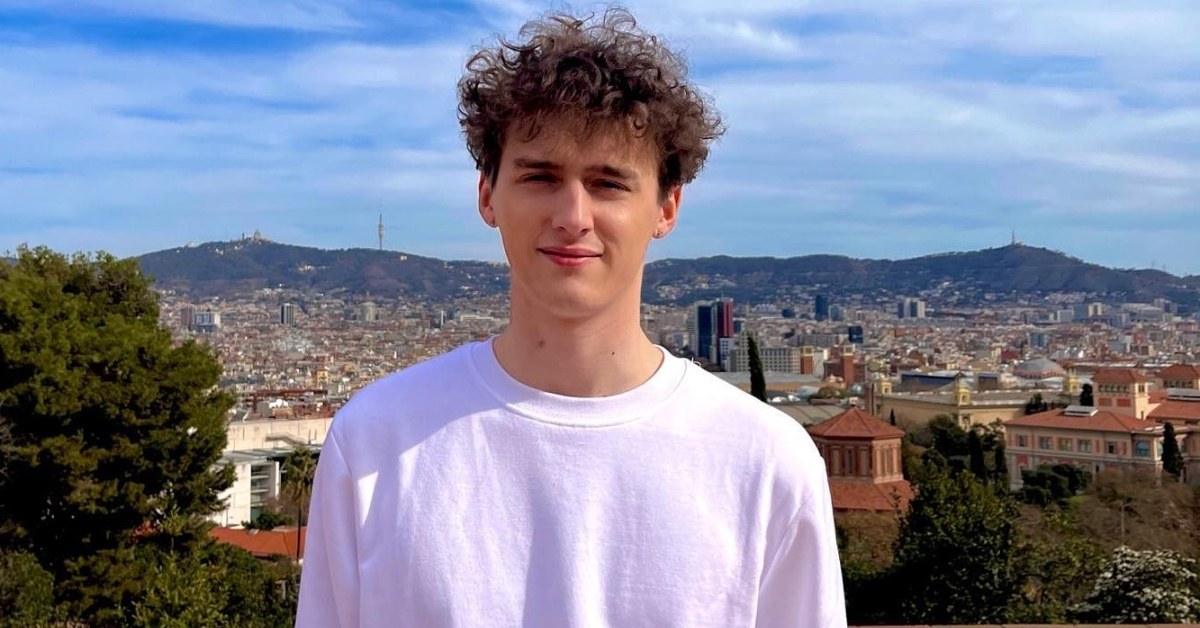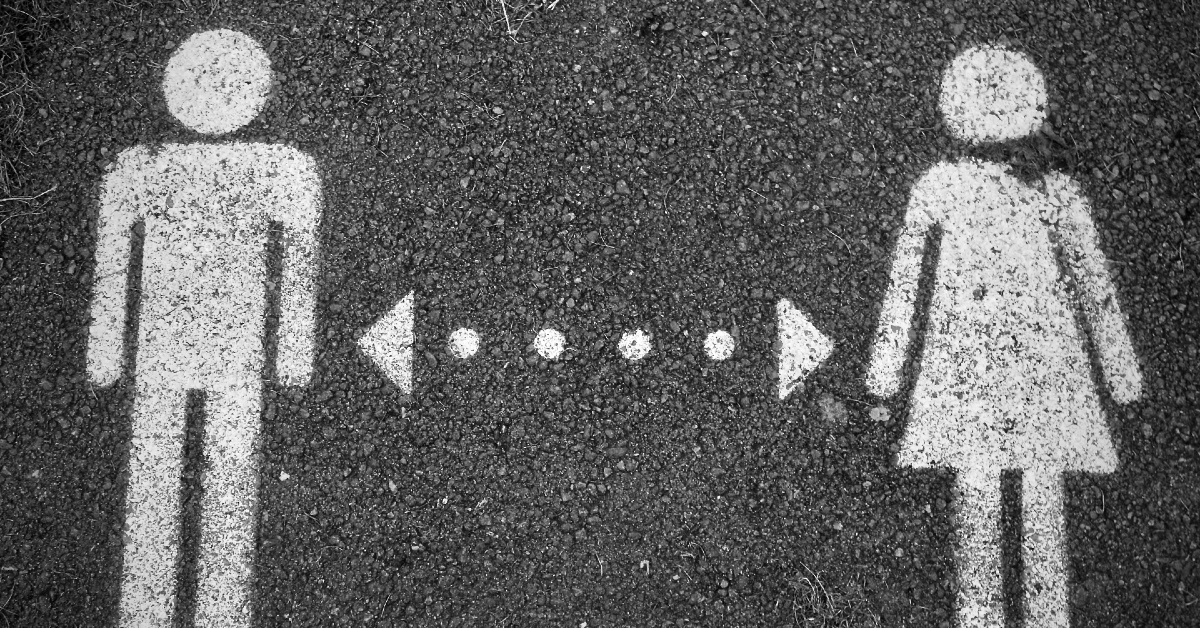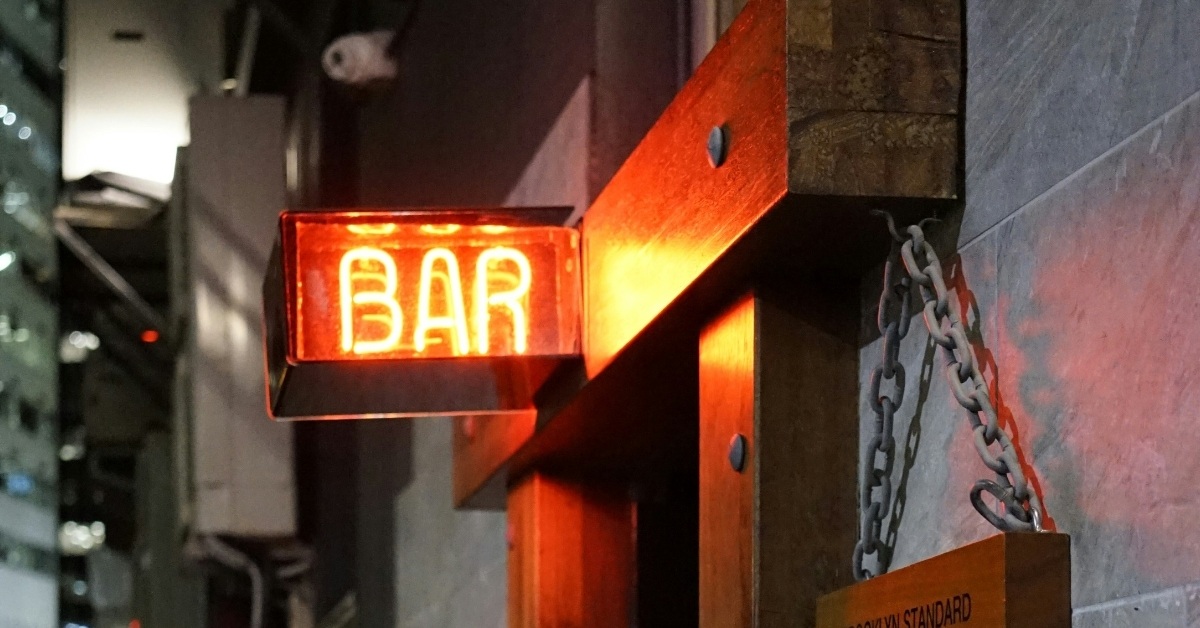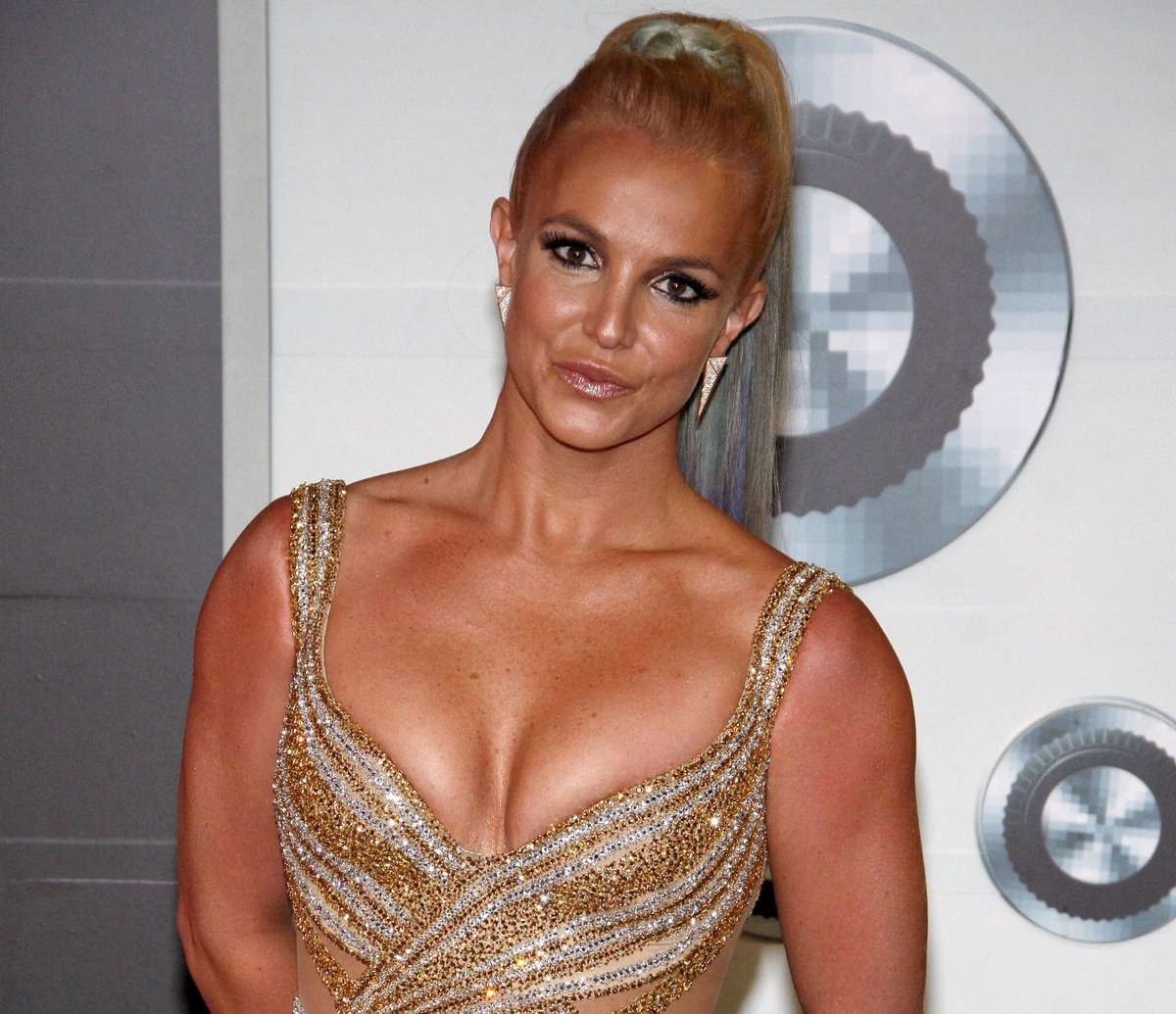BY: Walker
Published 3 years ago

Big things are happening in Trumpland according to The Washington Post.
via: The Washington Post
The Justice Department is investigating President Donald Trump’s actions as part of its criminal probe of efforts to overturn the 2020 election results, according to four people familiar with the matter.
Prosecutors who are questioning witnesses before a grand jury — including two top aides to Vice President Mike Pence — have asked in recent days about conversations with Trump, his lawyers, and others in his inner circle who sought to substitute Trump allies for certified electors from some states Joe Biden won, according to two people familiar with the matter. Both spoke on the condition of anonymity to discuss an ongoing investigation.
The prosecutors have asked hours of detailed questions about meetings Trump led in December 2020 and January 2021; his pressure campaign on Pence to overturn the election; and what instructions Trump gave his lawyers and advisers about fake electors and sending electors back to the states, the people said. Some of the questions focused directly on the extent of Trump’s involvement in the fake-elector effort led by his outside lawyers, including John Eastman and Rudy Giuliani, these people said.
In addition, Justice Department investigators in April received phone records of key officials and aides in the Trump administration, including his former chief of staff, Mark Meadows, according to two people familiar with the matter. That effort is another indicator of how expansive the Jan. 6 probe had become, well before the high-profile, televised House hearings in June and July on the subject.
The Washington Post and other news organizations have previously written that the Justice Department is examining the conduct of Eastman, Giuliani and others in Trump’s orbit. But the degree of prosecutors’ interest in Trump’s actions has not been previously reported, nor has the review of senior Trump aides’ phone records.
A Trump spokesman did not immediately respond to a request for comment. A Justice Department spokesman and a lawyer for Meadows both declined to comment.
The revelations raise the stakes of an already politically fraught probe involving a former president, still central to his party’s fortunes, who has survived previous investigations and two impeachments. Long before the Jan. 6 investigation, Trump spent years railing against the Justice Department and the FBI; the investigation moving closer to him will probably intensify that antagonism.
Federal criminal investigations are by design opaque, and probes involving political figures are among the most closely held secrets at the Justice Department. Many end without criminal charges. The lack of observable investigative activity involving Trump and his White House for more than a year after the Jan. 6 attack has fueled criticism, particularly from the left, that the Justice Department is not pursuing the case aggressively enough.
In trying to understand how and why Trump partisans and lawyers sought to change the outcome of the election, one person familiar with the probe said, investigators also want to understand, at a minimum, what Trump told his lawyers and senior officials to do. Any investigation surrounding the effort to undo the results of the election must navigate complex issues of First Amendment-protected political activity and when or whether a person’s speech could become part of an alleged conspiracy in support of a coup.
Many elements of the sprawling Jan. 6 criminal investigation have remained under wraps. But in recent weeks the public pace of the work has increased, with a fresh round of subpoenas, search warrants and interviews. Pence’s former chief of staff, Marc Short, and lawyer, Greg Jacob, appeared before the grand jury in downtown Washington in recent days, according to the people familiar with the investigation. Both men declined to comment.
The Justice Department efforts are separate from the inquiry underway by the House committee, which has sought to portray Trump as responsible for inciting the Capitol riot and for being derelict in his duty for refusing to stop it. Both Short and Jacob have testified before the committee, telling lawmakers that Pence resisted Trump’s attempts to enlist him in the cause.
Unlike the Justice Department, the House panel does not have the power to launch criminal investigations or charge anyone with wrongdoing.










